How to Automate Data Exchange Processes Between Stakeholders
Valerio Di Marino, De Cecco's Corporate Management Systems Manager, and Francesco Novembri, Sales Director Comarch Italia.
On the GK Comarch websites, both we and our partners use cookie files and targeting. Cookie files (a.k.a. "cookies") are small text files sent to your browser by the site you visit at any given time. They are used for analytical and statistical purposes as well as to ensure the proper functioning of the site. Additionally, they are used to tailor marketing content to the interests of users visiting our sites.
As we respect your privacy, we ask for your consent to use these technologies. You can consent to cookies by clicking "Accept all". If you want to personalize your choices, click "Settings." You can withdraw your previous consent or change your preferences at any time by clicking the "Settings" button.
Using cookies for the purposes indicated above is related to the processing of your personal data. The administrator of your data is Comarch SA. In some cases, our partners may also be the administrators of your data.
For more information on how we and our partners use cookies and process your personal data, please see our Data Processing Notice and Cookie Policy.
How to Automate Data Exchange Processes Between Stakeholders
Valerio Di Marino, De Cecco's Corporate Management Systems Manager, and Francesco Novembri, Sales Director Comarch Italia.

Since 1886, the De Cecco family has guaranteed continuity by handing down their knowledge from father to son and placing great importance on every product. De Cecco has always kept an eye on the times and responded swiftly to all national and international needs, making its homeland proud.
In 1986 the Olive Oil Company was founded, and would soon be followed by lines of rice, potato gnocchi, tomato products and sauces, balsamic vinegar of Modena, flours, organic products and bread substitutes: in short, everything you need for a good Italian meal.


![]() We can talk about technological difficulties and market difficulties. Technologically we have many standards, but there is a gap. The same standard does not cover the same rules in all countries. The other difficulty is related to market customs, in the sense that some markets require information that is sometimes not conceived of in our systems because they are not normally used in our market."
We can talk about technological difficulties and market difficulties. Technologically we have many standards, but there is a gap. The same standard does not cover the same rules in all countries. The other difficulty is related to market customs, in the sense that some markets require information that is sometimes not conceived of in our systems because they are not normally used in our market."
 It was important that we had a technology partner open to the international market,
It was important that we had a technology partner open to the international market,
in view also of the new electronic frontier factor that we will soon have to deal with,
be responsive to and comply with."

A comprehensive guide on how to navigate the current e-invoicing rules

Transform Your Digital Infrastructure into an Interconnected Ecosystem

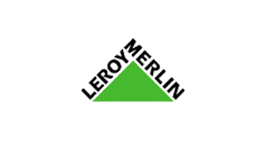







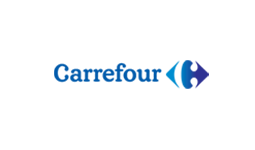











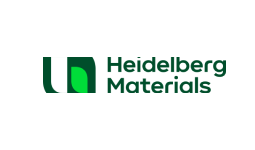
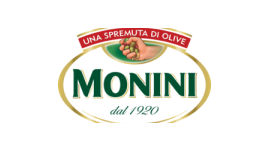
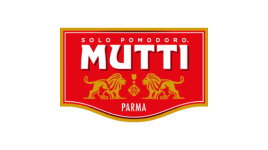
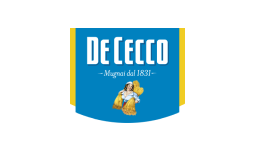
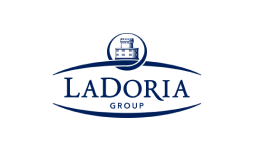
Newsletter
Expert Insights on
Data Exchange
We always check our sources – so, no spam from us.
Sign up to start receiving:
 |  |  |
| legal news | expert materials | event invitations |
Please wait